Photo credits: Ebony Magazine/VectorStock
Jane Matilda Bolin was the first black woman judge in the United States.
Bolin was born April 11, 1908, in Poughkeepsie, New York, to Gaius C. Bolin and Matilda Emery Bolin. Her father, who was born to a Native American mother and a black father, was the first African American graduate of Williams College. He went on to become a lawyer and practiced law in Poughkeepsie for more than 50 years. Bolin’s mother was born in England and immigrated to the United States with her parents.
Bolin was raised in a middle-class family. She attended public elementary and secondary schools. After graduation from high school, she entered Wellesley College and soon was named a Wellesley scholar, one of the top 20 women in her class. She received her bachelor of arts degree, with honors, in 1928.
Shortly after her graduation from college, Bolin announced her intention to attend Yale Law School. Her father was at first opposed to the idea because he felt that the law was a profession unsuited to women. He let his daughter know he would prefer her to pursue teaching, but she was determined to become a lawyer. Bolin graduated from Yale Law School in 1931, the first African American woman to do so.
Bolin was admitted to the New York bar in 1932 and began her legal career with her father and brother’s law firm in Poughkeepsie. In 1933, she married Ralph E. Mizelle, also an attorney, and they settled in New York City.
Bolin’s judicial career commenced just a few years after she and her husband began practicing law together. On April 7, 1937, she was named assistant corporate counsel in New York City’s law department. She served two years in that position before being summoned, to her complete surprise, to the office of Mayor Fiorello La Guardia.
On July 22, 1939, La Guardia appointed Bolin justice of the Domestic Relations Court of the City of New York (later called the family court), making her the first black woman judge in the United States. She presided over family court cases for four consecutive ten-year terms until she reached the mandatory retirement age of 70.
In her many years on the bench, Bolin saw the full spectrum of domestic cases: serious crimes, including homicides, committed by juveniles; nonpayment of family support; spouse battering; child neglect; lack of supervision for children; ADOPTION; and PATERNITY.
Upon her retirement in 1978, she noted that during her years as a judge, she had viewed a steady increase in violent behavior among young people. Asked if she could suggest solutions to the problem, Bolin responded that the answers were very complex and that she could not accept the “easy answers” psychiatrists and social workers were handing out, “saying it’s because of the wars … or the violent programs on television.”
From the beginning of her career, Bolin was determined to fight racial prejudice in any way she could. She worked to bring about changes in the way PROBATION officers were assigned to cases in family court.
When she became a judge, black probation officers were assigned exclusively to cases involving black families; through Bolin’s efforts, probation officers were eventually assigned without regard to race or religion. She also instituted a requirement that private social service agencies receiving public funds accept children without regard to ethnic background.
“They used to put a big N or PR on the front of every [file], to indicate if the family was black or Puerto Rican,” she recalled because the agencies were segregated.
Bolin has been described as a militant, but quiet; a fighter for justice. She earned a reputation as a courageous, no-nonsense, hard worker who never shirked an assignment. In addition to being a committed professional, Bolin served on the boards of the following organizations:
The New York Urban League, the National Association for the Advancement of Colored People (NAACP) and its New York chapter
*The Harlem Tuberculosis Committee
*The legislative committee of the United Neighborhood Houses
*The Wiltwick School for Boys
*The Dalton School
*The Harlem Lawyers’ Association.
Source: Law.JRank.org







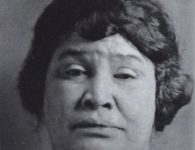





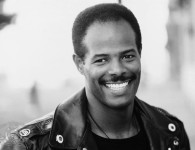
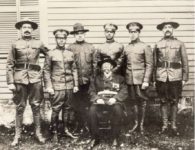
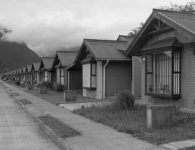
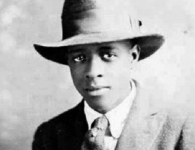

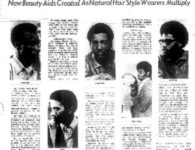
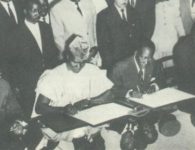

1 Comment
dailyxetaihino Thanks for sharing your thoughts.